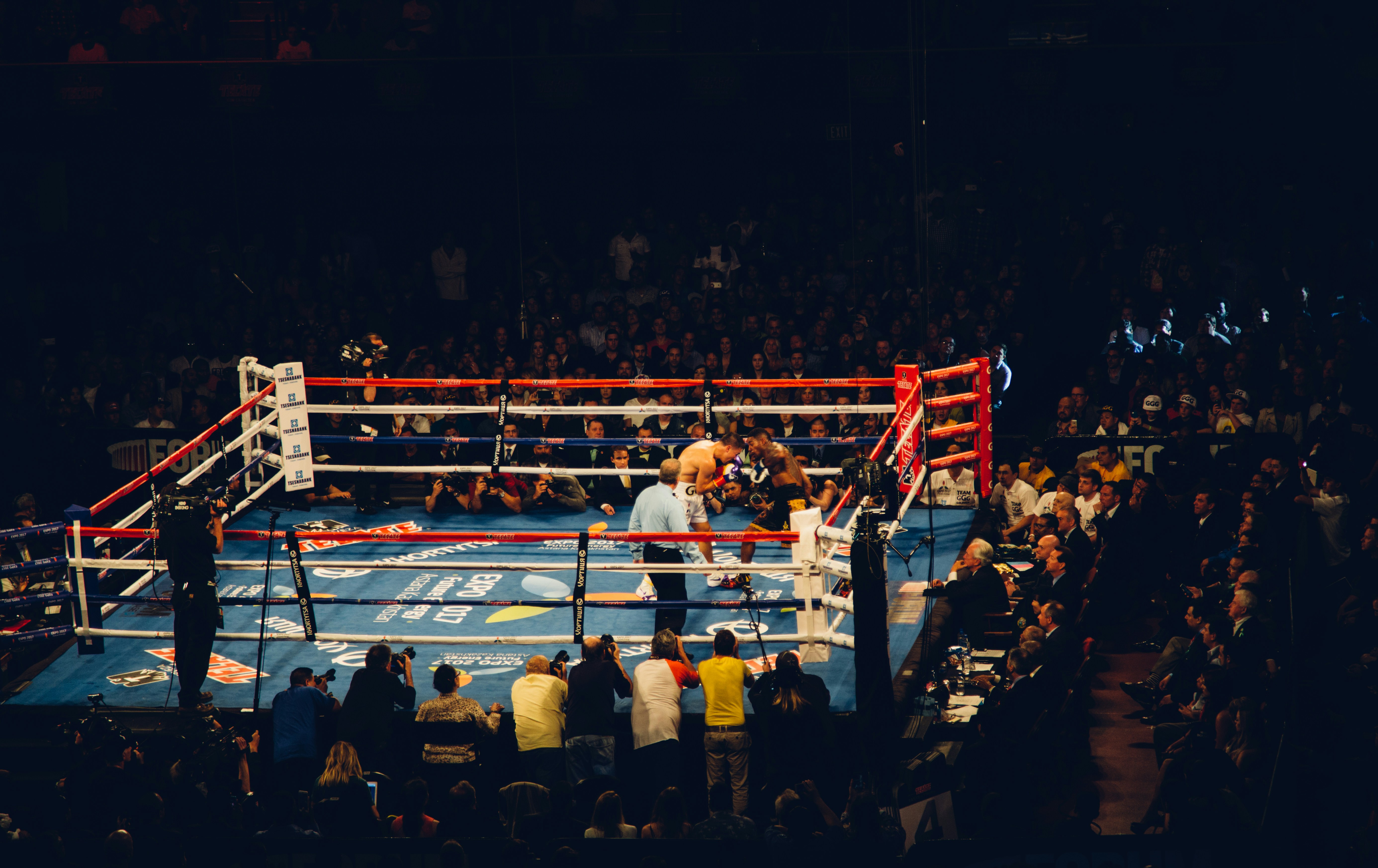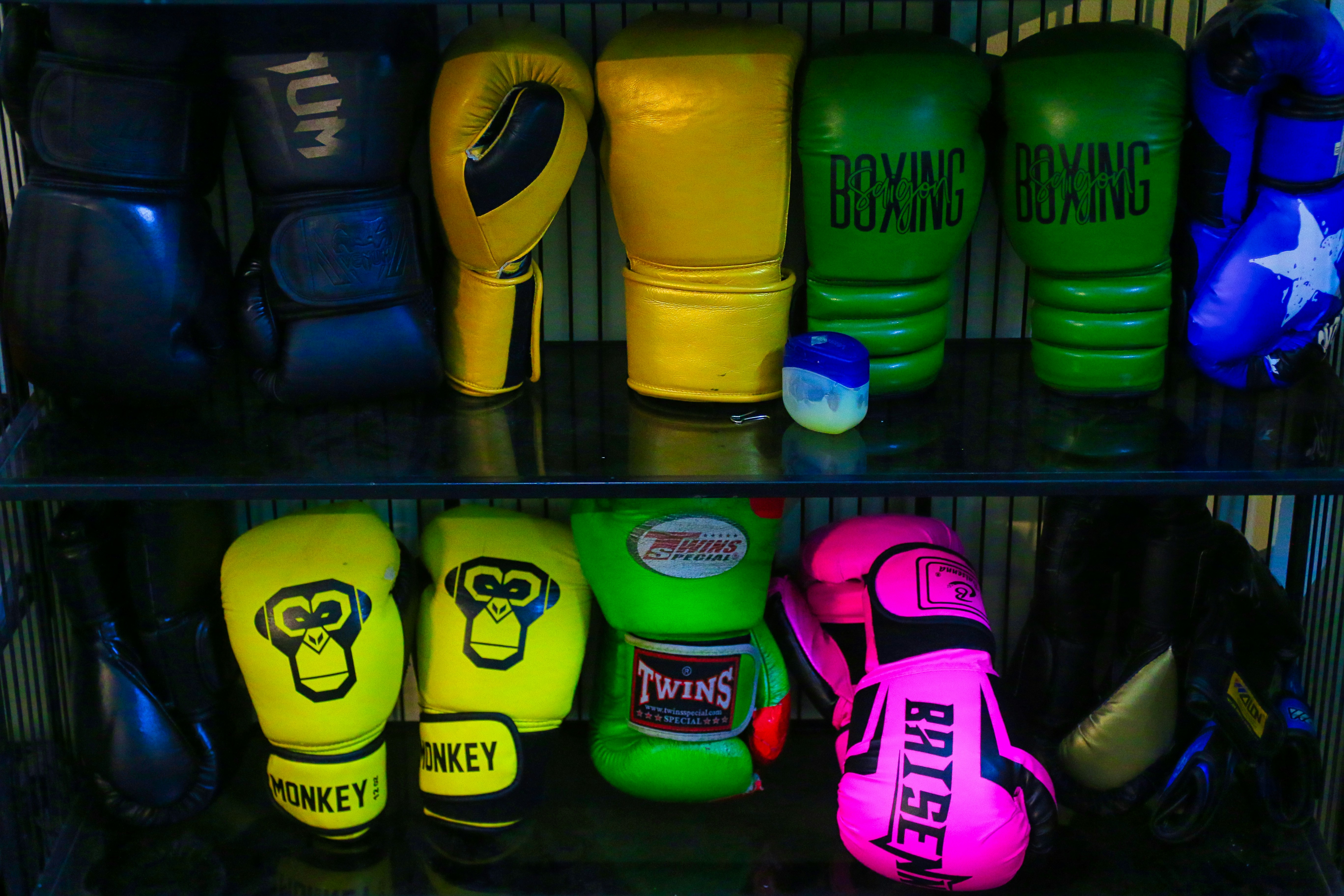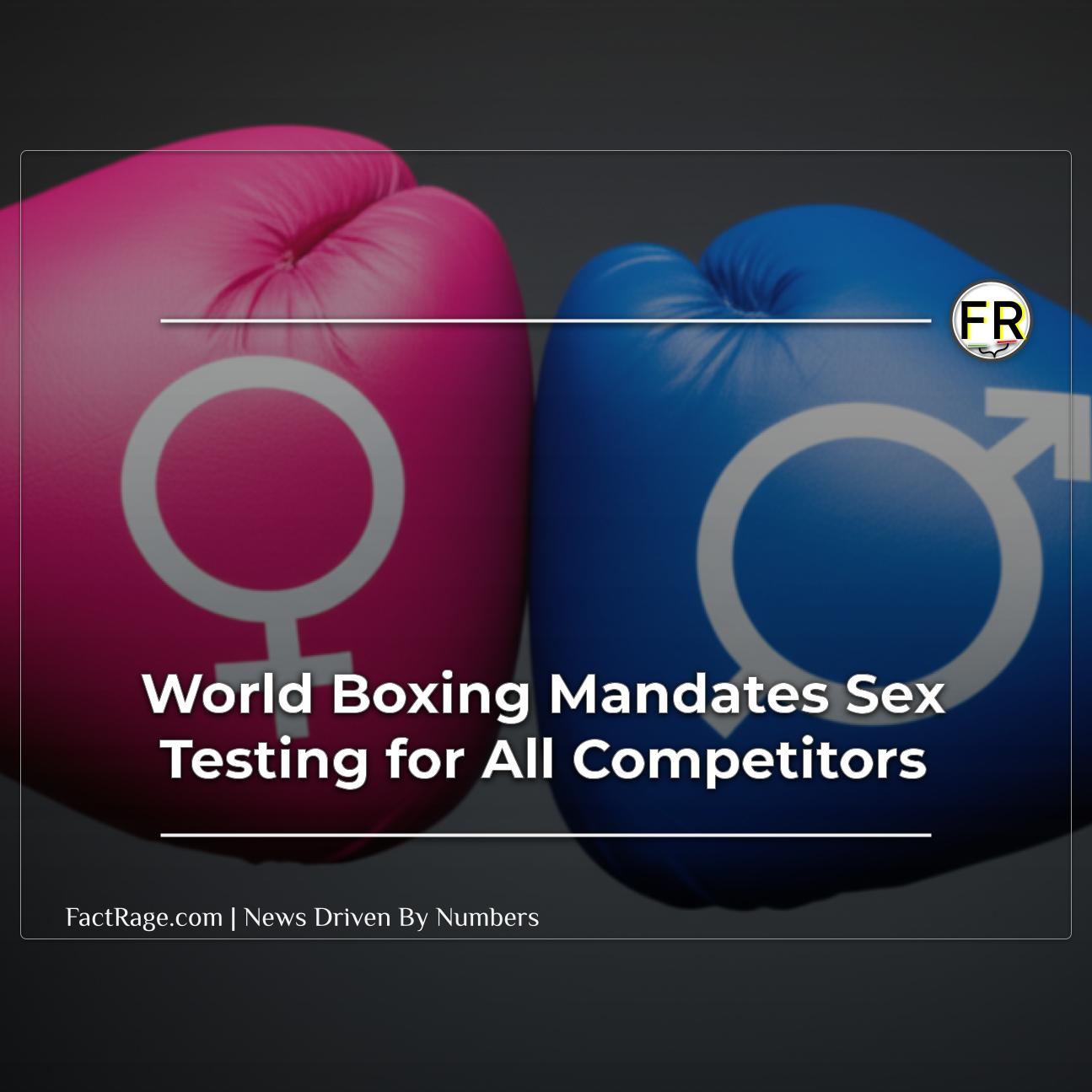NATIONWIDE – World Boxing, the newly recognized international federation aiming to secure boxing’s place in the Olympic movement, has announced the implementation of mandatory sex testing for all athletes participating in its competitions.
Key Facts:
- New Policy: World Boxing will require all boxers over the age of 18 to undergo genetic sex screening using a PCR (polymerase chain reaction) test to determine eligibility for male and female categories.
- Organizational Role: World Boxing was established in April 2023 as an alternative to the International Boxing Association (IBA), which faced persistent issues and ultimately lost its recognition from the International Olympic Committee (IOC) for governing Olympic boxing.
- Athlete Impact: The policy directly affects athletes such as Olympic gold medalist Imane Khelif, who will be unable to compete in World Boxing events until she undergoes the mandated test.
This significant policy shift by World Boxing aims to uphold sporting integrity and ensure a fair and safe competitive environment for all participants.
Understanding World Boxing’s Place in the Sport

For those unfamiliar with the intricate world of boxing governance, the sport has several international bodies. Historically, the International Boxing Association (IBA), formerly AIBA, was the long-standing global governing body for amateur boxing and Olympic competitions. However, the IBA faced widespread criticism and sanctions from the International Olympic Committee (IOC) over governance, financial transparency, and judging integrity.
In response to these concerns, World Boxing emerged as a new, not-for-profit international federation, explicitly founded to prioritize the interests of boxers and ensure boxing’s continued presence in the Olympic Games. World Boxing aims to provide a transparent and ethically governed alternative to the IBA. The IOC has granted World Boxing provisional recognition, signaling its intent for World Boxing to oversee boxing at future Olympic Games, including the 2028 Los Angeles Olympics.
The Mandate: What Does Sex Testing Entail?
Under the new policy, all athletes aged 18 and over who wish to compete in World Boxing-sanctioned events will be required to undergo a PCR genetic test. This test specifically looks for the presence of the SRY gene, which is primarily found on the Y chromosome and is a key indicator of biological sex.
The test can be conducted through a nasal or mouth swab, saliva, or blood sample. World Boxing’s policy states that athletes identified as male at birth, evidenced by the SRY gene or a difference of sexual development (DSD) involving male androgenization, will be eligible for the male category. Conversely, those identified as female at birth, with XX chromosomes or a DSD without male androgenization, will be eligible for the female category.
What are the implications for athletes with complex biological profiles, such as those with DSDs?
Why the New Policy Now?
The introduction of this mandatory testing comes amidst ongoing discussions and controversies regarding gender eligibility in women’s sports, particularly in combat sports. The policy explicitly mentions its design to “ensure the safety of all participants and deliver a competitive level playing field for men and women.”
The move follows high-profile cases, including that of Algerian Olympic gold medalist Imane Khelif, whose eligibility to compete in the female category was questioned in past competitions. While Khelif was cleared by the IOC to compete at the 2024 Paris Olympics, World Boxing has now explicitly stated she will not be eligible for its events until she undergoes the new genetic sex screening.
How will this mandatory testing impact the participation of athletes who have previously been cleared under different eligibility criteria?
Historical Context and Athlete Concerns

Sex verification in sports has a complex and often controversial history, with methods evolving from physical examinations to chromosomal testing and, more recently, hormone level regulations. While the stated goal is always fairness, these policies have historically raised concerns about athlete privacy, human rights, and the psychological impact on individuals, especially those with intersex variations.
Critics argue that such tests can be invasive and do not always definitively correlate with athletic performance, particularly for individuals with differences in sexual development. Past testing methods have been criticized for their unreliability and for disproportionately affecting female athletes from marginalized backgrounds.
Will this new policy truly achieve its goal of a level playing field without unintended consequences for athletes? World Boxing has stated the policy includes an appeals process and that support will be offered to boxers who receive adverse test results. The new policy is set to come into force on July 1, 2025.











